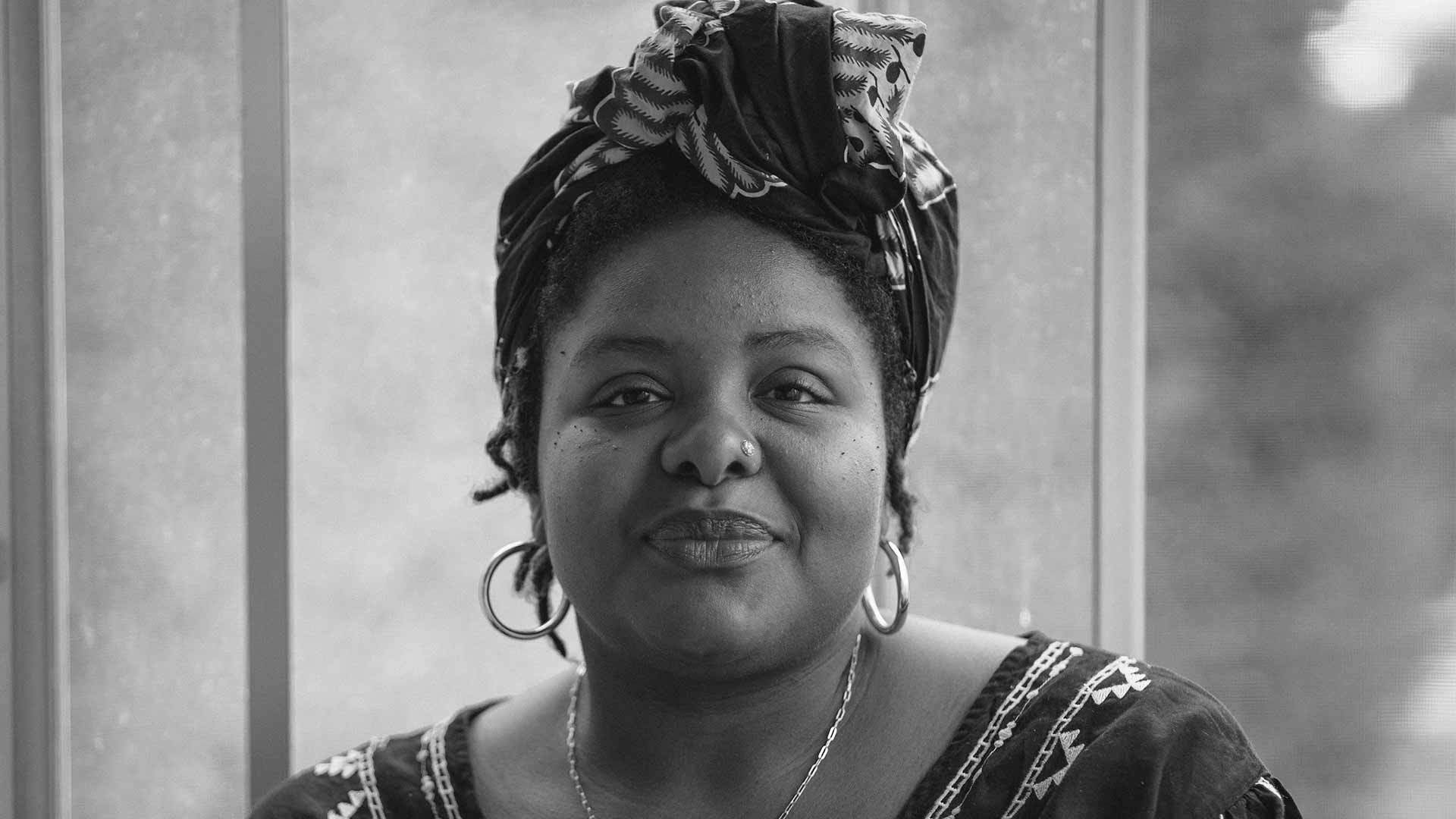| | | | | | | Presented By Goldman Sachs One Million Black Women | | | | Axios Markets | | By Kate Marino ·Oct 06, 2021 | | 📈 Welcome back to Markets. We made it to Wednesday! 💰 For those of you who told me South Dakota's on your wishlist for further Pandora Papers reading, look no further than my colleague Felix Salmon's piece in today's newsletter. Keep your thoughts and ideas coming. 📝 Today's Smart Brevity count is 1,331 words, 5 minutes. | | | | | | 1 big thing: How South Dakota became a global tax haven |  | | | Illustration: Sarah Grillo/Axios | | | | South Dakota has become the world's foremost tax haven — right up there with the Cayman Islands, and ahead of old-fashioned locations like Switzerland, Axios' Felix Salmon writes. - That's one of the clear messages from the Pandora Papers leak of confidential financial information about the world's richest individuals.
Why it matters: The hundreds of billions of dollars sequestered in South Dakota trusts generate no taxes and are effectively off-limits to anybody who might have a legitimate claim on them. How it works: Like most tax havens, South Dakota has no income tax, no inheritance tax and no capital gains tax. But the state has gone even further than that. South Dakota allows for extreme secrecy when law enforcement comes knocking, and protects assets from being claimed by creditors, ex-spouses, or pretty much anybody else. - By setting up a trust, the "settlor" — think some billionaire wanting to keep his assets secure — gives those assets to a trustee in South Dakota to look after. The trustee then invests the assets for a "beneficiary" who is often a direct relative of the settlor. Neither the settlor nor the beneficiary ever needs to set foot in South Dakota, or even be able to find it on a map.
- All three parties — the settlor, the trustee and the beneficiary — can legally claim that the money isn't theirs.
How it happened: South Dakota started carving out its position as the most laissez-faire state for financial services in 1981, when it abolished upper limits for credit-card interest rates. - In 1983, South Dakota became the first state to allow perpetual trusts — money that can remain untouchable for centuries, with no one ever paying inheritance tax on it.
- Since then, South Dakota has continued to pass laws making its trusts more attractive to the world's ultra-wealthy. It allowed trusts where the settlor and beneficiary can be the same person. It has also sealed all court documents setting up trusts, making it impossible to know — in the absence of Pandora Papers-style leaks — who might have one.
Who's in: Ecuadorian President Guillermo Lasso, Chinese real estate billionaire Sun Hongbin, and dozens of other high-profile tax optimizers — both foreigners and Americans —are sheltering their assets in South Dakota. By the numbers: A decade ago, South Dakotan trust companies held $57 billion in assets. The current figure is about $360 billion — with similar trusts in other states bringing the total for the U.S. close to $1 trillion. The bottom line: "South Dakota offers the best privacy and asset protection laws in the country, and possibly in the world," tax expert Harvey Bezozi told the Guardian. Keep reading. |     | | | | | | 2. Catch up quick | | Congressional testimony by Facebook whistleblower Frances Haugen, and a service outage earlier this week that highlighted the world's dependence on the social media giant, have raised hopes among critics that Congress will place new restraints on the company. (Axios) Homebuilders and contractors are substituting materials and hunting for new suppliers, as wait times for supplies threaten to cause long delays in building projects. (WSJ) PepsiCo will likely raise prices again early next year in response to shortages of items like beverage cans and bottles, as well as workers like truck drivers. (Reuters) |     | | | | | | 3. Service sector strength in September |  Data: Institute for Supply Management; Chart: Axios Visuals Two more measures of economic activity released Tuesday showed expansion during the month of September. But growth was held back by the macro themes of the moment: continuing supply shortages and weak employment gains. Driving the news: The Institute for Supply Management's Services PMI Index (which measures all non-manufacturing activity) increased — barely — to 61.9 from 61.7 in August. Consensus expectations were for the index to decline to 60. - And the IHS Markit U.S. Services PMI Business Activity Index registered 54.9 in September. Though it's down slightly from 55.1 in August, it's higher than an earlier flash estimate — and any reading above 50 is an increase from the previous month.
Why it matters: It's another sign that the economy's rebounding, albeit slowly, from the Delta lull of July and August. What's happening: Supplier delivery times slowed at an even faster rate than they did in August, while inventories declined and order backlogs grew — all evidence of the persistent supply chain challenges. - Employment grew, but at a slower pace than overall business activity.
What to watch: Logjams or not, a pickup in growth usually translates to an uptick in prices. - The ISM prices index jumped 2.1 percentage points from August to a reading of 77.5, reversing its decline the prior month. All 18 sectors included in the report noted higher raw materials prices in September.
- ISM's Manufacturing PMI released last week showed a similar movement on costs. Separately, the August Personal Consumption Expenditure price index (the inflation measure most watched by the Federal Reserve) grew by more than expected.
|     | | | | | | A message from Goldman Sachs One Million Black Women | | Invest in Black women, transform the economy | | |  | | | | One Million Black Women, an initiative from Goldman Sachs, will commit $10 billion in investment capital. The goal: Increase opportunity at key moments in Black women's lives and create transformational economic growth. Learn more about the investment.  | | | | | | 4. A new crypto bill |  | | | Illustration: Shoshana Gordon/Axios | | | | Rep. Patrick McHenry (R-N.C.), a noted friend in Congress of the cryptocurrency industry, introduced a new bill Tuesday that aims to provide a framework for nascent digital token networks, Axios' Kia Kokalitcheva writes. - The bill would allow the networks to fundraise before they're sufficiently decentralized — without being at risk of violating securities laws.
- It would codify a safe harbor framework proposed in early 2020 (and revised last year) by SEC Commissioner Hester Peirce.
Why it matters: The crypto industry's yearning for more regulatory clarity is complicated by the fact that while decentralized networks of digital tokens are not seen as securities under U.S. law, many start out as more centralized projects that would qualify as such. - The Ethereum network, for example, grew to be decentralized over time, as no central individual or group controls its network or token supply any longer.
- Industry lobbying groups, including the Blockchain Association, Coin Center and the Association for Digital Asset Market, expressed support for the bill.
Context: Decentralized networks aren't considered securities because an individual or central group doesn't directly influence the development or value of the tokens — unlike in the case of companies issuing stock or bonds. Details: McHenry's bill would give networks and their initial development teams a three-year grace period while they work to achieve decentralization. During that time, they'd still be required to provide certain disclosures. What to watch: The bill's passage is a long shot, as virtually no cryptocurrency bill has gotten very far in Congress (unless it's an attempt to squeeze extra tax revenue from the industry). |     | | |  | | | | If you like this newsletter, your friends may, too! Refer your friends and get free Axios swag when they sign up. | | | | | | | | 5. Where the U.S. lags the world |  | | | Illustration: Aïda Amer/Axios | | | | Women still make up less than a quarter of corporate boardrooms around the world despite global governance efforts to improve gender and cultural diversity within businesses, Axios' Hope King writes. - Since 2015, the percentage of female board members across 3,000 companies globally has grown by 8.9 percentage points, to reach an average of 24%, according to a Credit Suisse study.
Why it matters: Recent data suggests that businesses with more diverse boards fared better during the pandemic, showing a strong correlation between board diversity and company performance. The big picture: While there's been debate around the financial benefits of board diversity, the general aim of increasing representation has been to expand boardroom culture. By the numbers: Globally, the U.S. ranks 17th out of 35 countries and regions in terms of female representation on boards (28%), a growth of 11% from 2015, according to the Credit Suisse Gender 3000 report. - France (45%), Sweden (40%), Italy (39%), Austria (39%) and Denmark (38%) took the top five spots.
- European regulators have put greater pressure on companies to improve gender diversity since at least 2004, whereas U.S. improvements have come more gradually as broader investor interest in ESG has developed, the report says.
What they're saying: Boardroom diversity alone is not enough, the researchers write. - "We find the best-performing companies in terms of share price [have] superior diversity in both the boardroom and the C-Suite. Delivering on the former, but failing on the latter, erodes the 'diversity premium,'" — which the report defines as valuation, higher returns on capital, higher margins and lower volatility.
What to watch: The SEC is now looking to propose board diversity disclosure regulations. |     | | | | | | A message from Goldman Sachs One Million Black Women | | Black women receive less than .3% of VC funding | | |  | | | | Black women start businesses faster than any other demographic, yet they receive only 0.27% of VC funding. Goldman Sachs' One Million Black Women initiative aims to narrow this and other opportunity gaps through $10 billion in capital investment. Get more details.  | | |  | | It'll help you deliver employee communications more effectively. | | | | | | Axios thanks our partners for supporting our newsletters. If you're interested in advertising, learn more here.
Sponsorship has no influence on editorial content. Axios, 3100 Clarendon Blvd, Suite 1300, Arlington VA 22201 | | | You received this email because you signed up for newsletters from Axios.
Change your preferences or unsubscribe here. | | | Was this email forwarded to you?
Sign up now to get Axios in your inbox. | | | | Follow Axios on social media:    | | | | | |











No comments:
Post a Comment